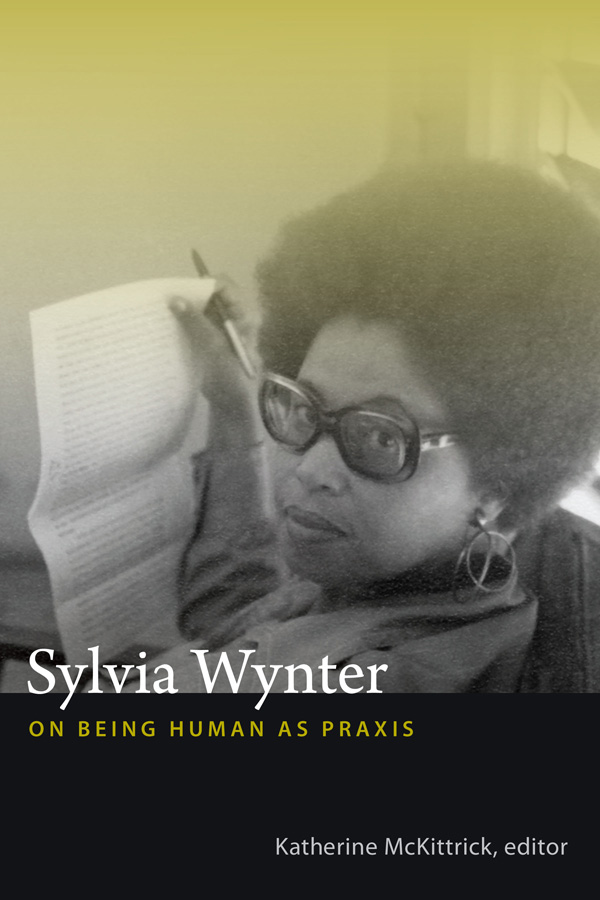Eglė Rindzevičiūtė: The Power of Systems: How Policy Sciences Opened Up the Cold War World (2016)
Filed under book | Tags: · biosphere, cold war, computing, cybernetics, environment, governmentality, history of science, networks, politics, secrecy, soviet union, systems science, systems theory

“In The Power of Systems, Eglė Rindzevičiūtė introduces readers to one of the best-kept secrets of the Cold War: the International Institute of Applied Systems Analysis (IIASA), an international think tank established by the U.S. and Soviet governments to advance scientific collaboration. From 1972 until the late 1980s IIASA in Austria was one of the very few permanent platforms where policy scientists from both sides of the Cold War divide could work together to articulate and solve world problems. This think tank was a rare zone of freedom, communication, and negotiation, where leading Soviet scientists could try out their innovative ideas, benefit from access to Western literature, and develop social networks, thus paving the way for some of the key science and policy breakthroughs of the twentieth century.
Ambitious diplomatic, scientific, and organizational strategies were employed to make this arena for cooperation work for global change. Under the umbrella of the systems approach, East-West scientists co-produced computer simulations of the long-term world future and the anthropogenic impact on the environment, using global modeling to explore the possible effects of climate change and nuclear winter. Their concern with global issues also became a vehicle for transformation inside the Soviet Union. The book shows how computer modeling, cybernetics, and the systems approach challenged Soviet governance by undermining the linear notions of control on which Soviet governance was based and creating new objects and techniques of government.”
Publisher Cornell University Press, Ithaca, NY, 2016
Creative Commons BY-NC-ND 4.0 International License
ISBN 9781501703188, 1501703188
xi+292 pages
Reviews: Roundtable: Barbara Czarniawska, Jenny Andersson, Claudia Aradau, Paul Rubinson, author’s response (H-Diplo, 2019), Kristine C. Harper (Isis, 2018), Benjamin Peters (Slavic Review, 2019), Gerald Easter (American Historical Review, 2018), Jeanne Morefield (J History of Ideas, 2020), Laurent Coumel (Cahiers du monde russe, 2018, FR), Una Bergmane (Lithuanian Historical Studies, 2018), Christian Dayé (Serendipities, 2018).
PDF (19 MB)
Comment (0)There Is No Outside: Covid-19 Dispatches (2020)
Filed under book | Tags: · capitalism, health care, pandemic, politics, quarantine, solidarity, theory, virus

“A collection of essays on the global pandemic, from n+1 and Verso Books
A collaboration between the magazine of literature and politics, n+1, and Verso Books, this collection tracks the course of Covid-19 across the circuits of global capital to New York’s prisons and emergency rooms, Los Angeles’s homeless encampments, and the migrant camps in Greece; and into the intimate spaces of our homes, our ideas of how to live, and into our bodies and cells.
We hear from sex workers without work and sailors quarantined on their ships, witness the pandemic from the quiet devastation of upstate New York and quarantined Rome as well as the streets of Delhi, Kashmir, and London and the emergency room of a New York City hospital. From some of the most exciting and thoughtful young writers around the globe, There Is No Outside explores the unspooling wreckage of Covid-19 and helps us imagine what might come in the aftermath.
With contributions from Andrew Liu, Rachel Ossip, Gabriel Winant, Francesco Pacifico, Sarah Resnick, Teresa Thornhill, Shigraf Zahbi, Debjani Bhattacharyya, Banu Subramaniam, Mark Krotov, Karim Sariahmed, Ana Cecilia Alvarez, Jack Norton, Laleh Khalili, Aaron Timms, Sonya Aragon, Sean Cooper, Chloe Aridjis, and Marco Roth, and with an introduction by Jessie Kindig.”
Edited by Jessie Kindig, Mark Krotov, and Marco Roth
Publisher Verso, London, and n+1 Books, Brooklyn, NY, May 2020
ISBN 9781839762307, 1839762306
Sylvia Wynter: On Being Human as Praxis (2015)
Filed under book | Tags: · black people, blackness, body, colonialism, consciousness, creolization, human, human ecology, indigenous peoples, knowledge, land, migration, modernity, philosophy, race, racism, representation, slavery, territory, theory, violence

“The Jamaican writer and cultural theorist Sylvia Wynter is best known for her diverse writings that pull together insights from theories in history, literature, science, and black studies, to explore race, the legacy of colonialism, and representations of humanness. Sylvia Wynter: On Being Human as Praxis is a critical genealogy of Wynter’s work, highlighting her insights on how race, location, and time together inform what it means to be human. The contributors explore Wynter’s stunning reconceptualization of the human in relation to concepts of blackness, modernity, urban space, the Caribbean, science studies, migratory politics, and the interconnectedness of creative and theoretical resistances. The collection includes an extensive conversation between Sylvia Wynter and Katherine McKittrick that delineates Wynter’s engagement with writers such as Frantz Fanon, W. E. B. DuBois, and Aimé Césaire, among others; the interview also reveals the ever-extending range and power of Wynter’s intellectual project, and elucidates her attempts to rehistoricize humanness as praxis.”
Essays by Katherine McKittrick, Denise Ferreira da Silva, Walter D. Mignolo, Bench Ansfield, Nandita Sharma, Rinaldo Walcott, Carole Boyce Davies, Demetrius L. Eudell, and a conservation with Sylvia Wynter.
Edited by Katherine McKittrick
Publisher Duke University Press, Durham and London, 2015
ISBN 9780822358343, 0822358344
xiii+290 pages
Reviews: Anthony Bayani Rodriguez (Antipode, 2015), Lea Hülsen (Kult, 2016), Kaiama L. Glover (Contemporary Women’s Writing, 2016), Inge Mathijssen (philoSOPHIA, 2018), Lauren Nelson (E3W Review of Books, 2019).
Comment (0)
